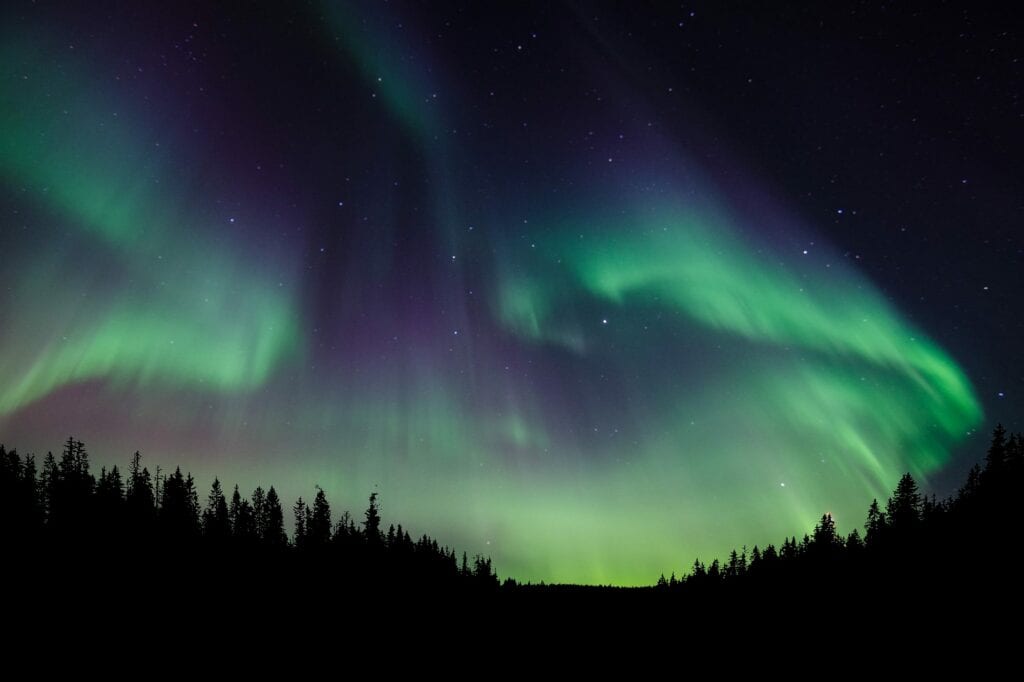By: Paul M. Guild – worldviewbulletin.substack.com – 2022
When it comes to developing a rich theology of beauty, it is helpful to distinguish, as Junius Johnson does, between Beauty itself, beautiful things, and the experience of beauty. When it comes to Beauty itself, the referent is God: God is beautiful. Creaturely beings and creaturely states of affairs are beautiful things; creaturely beauty participates in Beauty itself (that is, God himself). Finally, the experience of beauty refers to our subjective encounter with the beauty of beautiful things, and ultimately, with Beauty itself. Thus, according to Junius Johnson, the experience of beauty is a kind of “theologically anamnetic moment” in that these experiences point to and remind us of God.[1] When it comes to beautiful things, a challenge surfaces: in a good and beautiful world created by God, why is there ugliness? This challenge of the ugly strikes us with moral force: there ought not to be ugly things. Ugliness, according to Johnson, is “a sort of vicious nonconformity. The preponderance of the ugly makes us doubt whether there can truly be meaning, whether life could be worth living in the face of such ugliness.”[2] In the same way that the presence of evil is a challenge to the goodness of God, the presence of ugly things is a challenge to the beauty of God.
How might we understand the challenge of the ugly? Is there a response to this challenge that holds together with integrity the beauty of God and the beauty of beautiful things? To answer this question, we need to think a bit about the doctrines of creation and sin. Let’s begin with the doctrine of creation. As Johnson writes, “All things were created good by God, and in that original goodness they pointed to the Creator, and as such were necessarily beautiful.”[3] When it comes to ugliness, Junius writes, “there can be no question of ugliness apart from damage to the created order. . . . To be ugly is thus to be wrested away from God . . . in the sense that the creature’s ability to remind us of God is . . . shattered.”[4] This shattering can be active or passive. When a (human or angelic) person misuses their creaturely freedom, there is a kind of shattering that occurs such that the “creature loses by its own will its ability to remind us of God.”[5] This shattering can also be forced on someone or something: when a person is violated (e.g., tortured, raped, enslaved, bullied, devalued, ignored, and so on) and when an object is subjected to vanity and objectification, there is an “obstruction of beauty” that results.[6]
What is God’s remedy to the problem of ugliness? According to Johnson, God’s response to the active and passive shattering of beauty involves punishment (in the active shattering cases) and ultimately restoration (in both the active and passive shatterings). Punishment is necessary because “a world in which there is no justice is a world without beauty.”[7] But God is merciful too and thus he always moves to restore the beauty of beautiful things: “We may consider divine justice the work of tearing down the ugly, and divine mercy the work of restoring the fallen beauty to its place.”[8] This ultimately points beyond this world to the eschaton: one day, all ugliness will be wiped away, all injustice balanced, and the beauty of all beautiful things will point with clarity and power to Beauty itself.
Notes
[1] Junius Johnson, The Father of Lights: A Theology of Beauty (Grand Rapids, MI: Baker Academic, 2020), 21.
[2] Ibid., 8–9.
[3] Ibid., 33.
[4] Ibid., 33–34.
[5] Ibid., 37.
[6] Ibid., 34.
[7] Ibid., 37.
[8] Ibid., 39.
To see this article and subscribe to others like it, choose to read more.
 Listen Online
Listen Online Watch Online
Watch Online Find a Station in Your Area
Find a Station in Your Area








 Listen Now
Listen Now Watch Online
Watch Online
